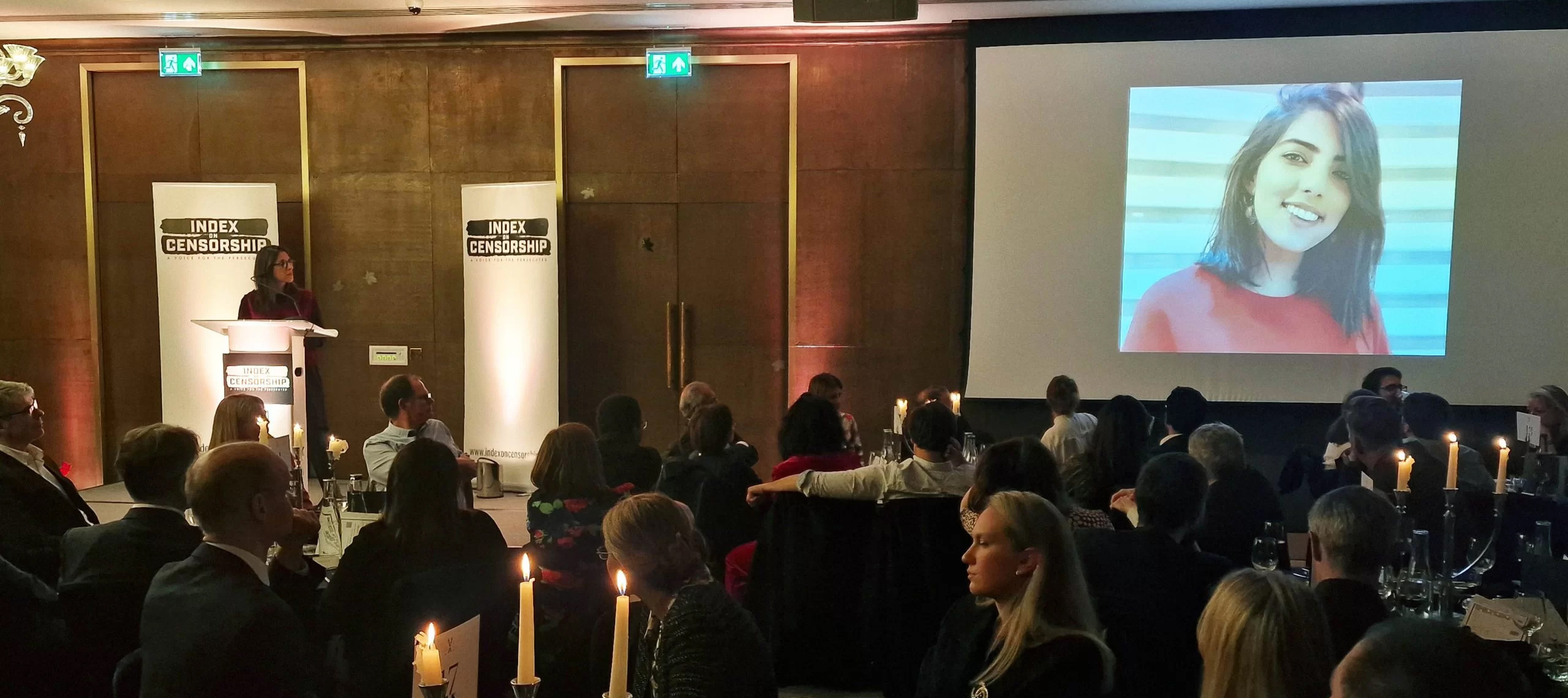
Turkish Prime Minister Recep Tayyip Erdogan (Photo: Philip Janek / Demotix)
In February, Turkish president Abdullah Gül prompted intense criticism when he approved restrictive new amendments to the law that regulates internet activity in Turkey, known as 5651. Since then, the Turkish government has continued to threaten internet freedom, placing added pressure on social media platforms. Earlier this month, prime minister Recep Tayyip Erdoğan suggested that his government could block access to Facebook and Youtube after municipal elections on 30 March.
With over 34 million Facebook active users, Turkey is among the top 15 countries on the platform, and both the prime minister and Gül each have over four million Twitter followers. One day after Erdoğan’s statement during a live television interview, Gül countered that blocking access to social media was out of the question. Last week, Erdoğan followed by backtracking on his own comments.
Considering the already strained relationship that Erdoğan’s government has to social media, the turnaround on his comments is still no promise that there may be less restrictions on internet freedom to come in Turkey. In recent months, a number of wiretapped telephone recordings, allegedly of Erdoğan’s conversations, have been leaked onto social media platforms, including YouTube, SoundCloud and Vimeo, suggesting the prime minister’s meddling in corruption and intimidation of mainstream media. On the day that Erdoğan’s television interview aired, a new phone conversation was leaked onto YouTube, purportedly featuring the prime minister berating the media magnate Erdoğan Demirören for coverage in his daily Milliyet of a 2013 peace talk with Abdullah Öcalan of the separatist Kurdish Workers’ Party (PKK).
Erkan Saka, an assistant professor at Istanbul Bilgi University and a researcher on new media, says
Erdoğan’s comments about Facebook and YouTube reflect his interest in controlling Turkish media. “Most of the mainstream media is already under their control, so this seems to be the only way now for people to express their opposition,” Saka said. With leaks appearing on video or audio sharing websites and spreading through Twitter and Facebook, social media platforms have become instrumental for circulating information related to the ongoing government corruption scandal.
Shutting down entire websites as Erdoğan suggested would mean going beyond the very recent amendments to law 5651 that make possible URL-based blocking of individual web pages ruled offensive, without restricting access to entire websites. YouTube was previously censored in Turkey for over two years after a video was posted on the site that was deemed insulting to Mustafa Kemal Atatürk, the founder of the Turkish Republic. Earlier this year, Vimeo and SoundCloud were both temporarily shut down within Turkey following leaks that were published on those websites. Lawmakers from Erdoğan’s party, the AKP, have defended the controversial new version of 5651 because it allows for an alternative to restricting access to entire websites. Supporters of the law claim that with URL-based page blocking, defamatory content can instead be removed selectively.
In the run up to the elections at the end of this month, the recurring leaks and violent protests around Turkey threaten to tarnish Erdoğan’s popularity with voters. Responding aggressively in the televised interview, Erdoğan’s derision of social media platforms is personal, tactical, and aimed to discredit the websites as a threat to internet users’ safety. “We will not leave this nation at the mercy of YouTube and Facebook,” the prime minister said in his interview with journalists on broadcaster ATV. Calling the websites immoral, Erdoğan added, “they don’t have limits.” By casting social media websites as damaging to all internet users in Turkey, Erdoğan set the stage for potentially restricting access to those sites on moral grounds. Even after correcting his statement, Erdoğan’s suggestion that social media platforms are a source of danger is in line with his government’s use of internet filtering programs and ad campaigns that portray the internet as debauched to justify restricted access to content it considers harmful.
Aside from facing access restrictions, websites operating from Turkey are forced to comply with other laws that compromise their users’ privacy. Sedat Kapanoğlu, founder of the popular satirical, user-generated online dictionary Ekşi Sözlük, says internet companies in Turkey are put under pressure by laws requiring them to share user data. “A successful platform must create a free environment which protects its users’ rights. We are not able to do that. We are forced to provide IP addresses to prosecution even for completely legal content,” Kapanoğlu said.
One of the social media websites that Erdoğan singled out in his interview, Youtube, which is owned by Google, has an office in Turkey, while other large platforms like Facebook, SoundCloud, Vimeo, and Twitter do not.
Although he later rescinded his original statement, Erdoğan’s recent threat is alarming because it shows that in Turkey’s precarious climate for media independence, it might be plausible for his government to increase control of social media. With elections approaching this month, Erdoğan is himself coming under more pressure to win votes while facing a corruption scandal playing out on social media. The amendments to 5651 already make it easier for the Turkish Directorate of Telecommunication (TİB) to remove web pages from the internet. As more leaks continue to emerge, there is a lingering risk of new restrictions targeting social media platforms that have been at the centre of freedom of speech debates in Turkey.
This article was posted on 19 March 2014 at indexoncensorship.org




